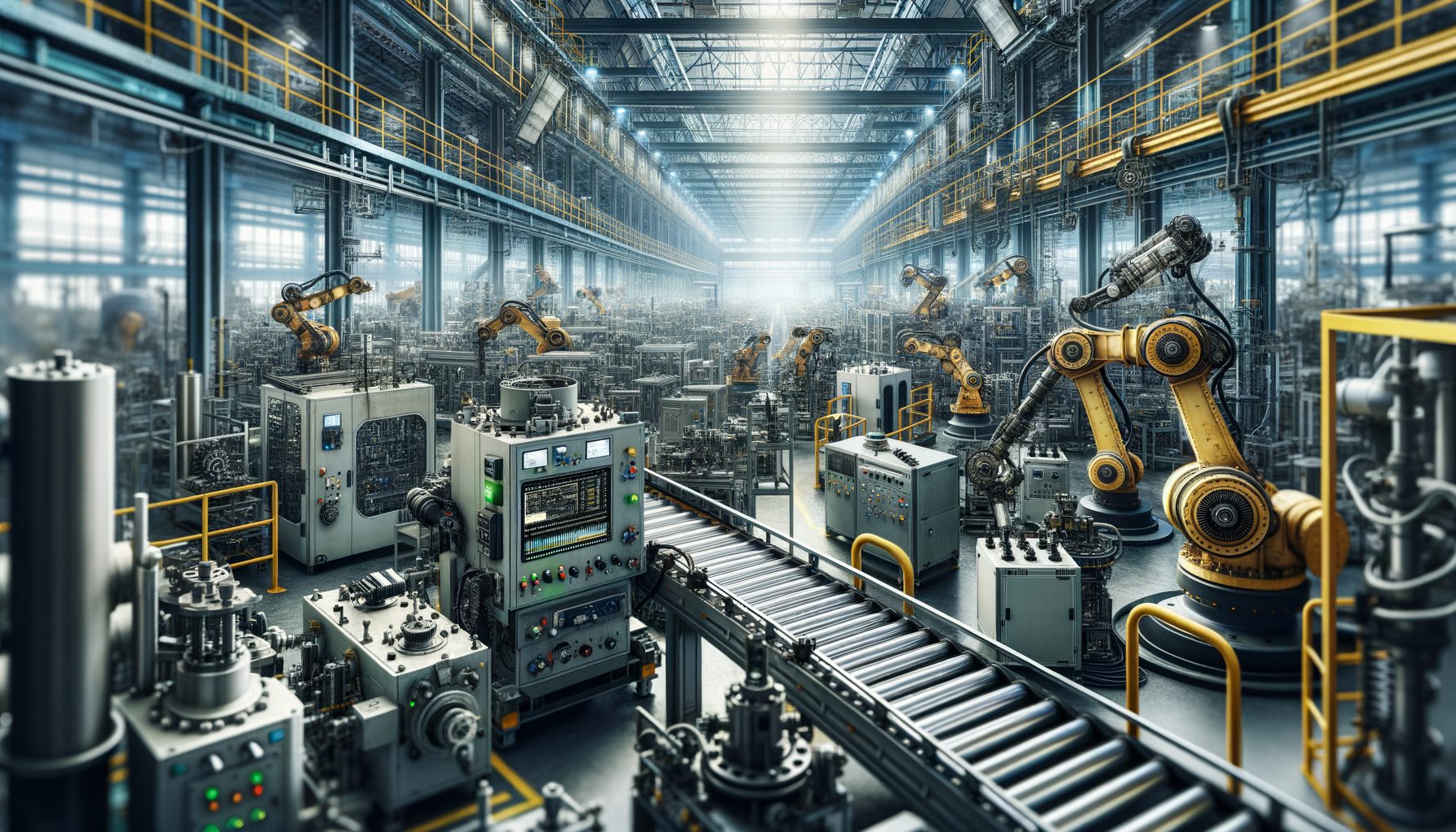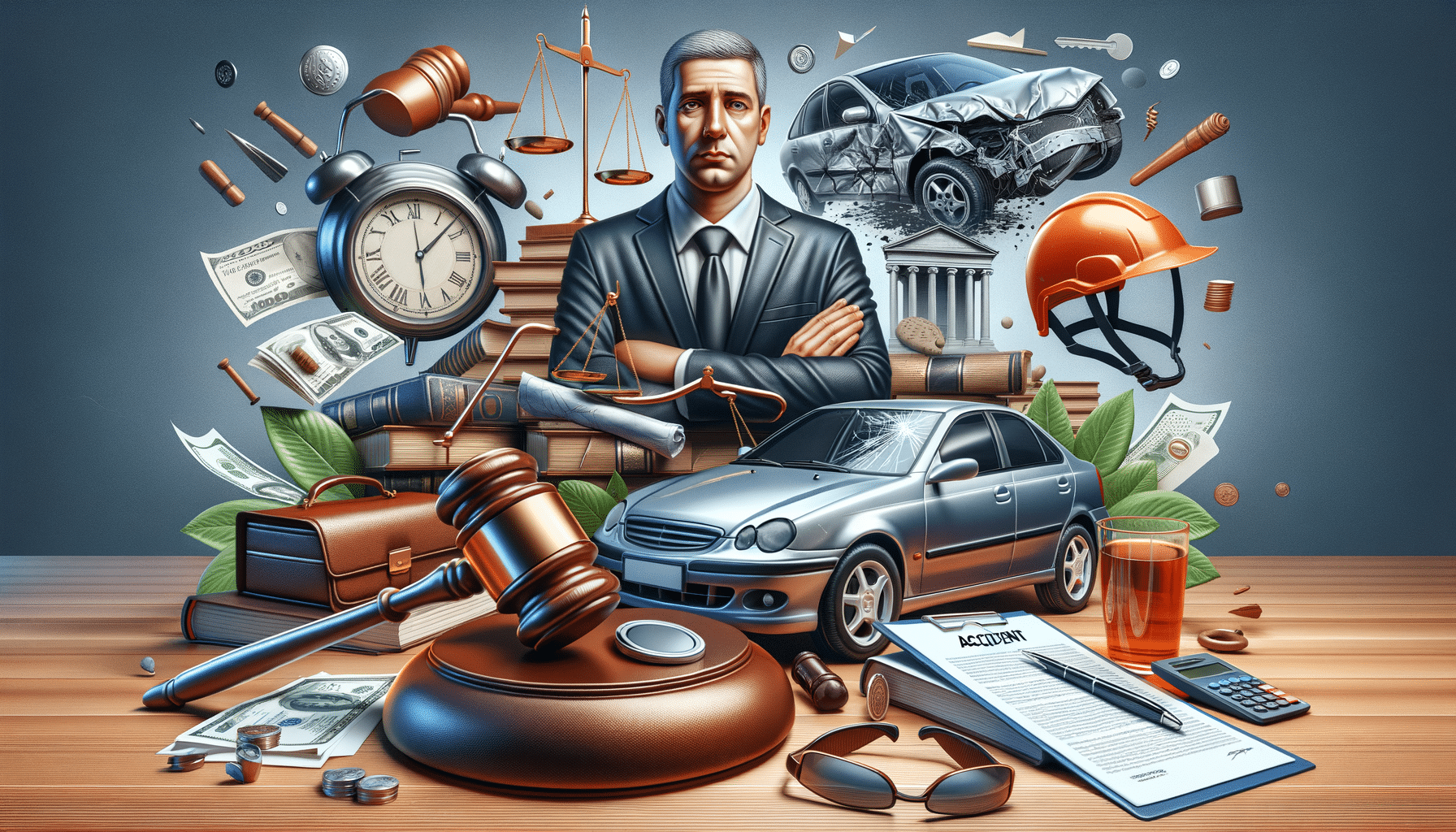The Evolution and Importance of Industrial Machines
Industrial machines have revolutionized the way industries operate, providing significant improvements in efficiency and productivity. From the early days of the Industrial Revolution to the present, these machines have evolved dramatically, becoming more sophisticated and specialized. The importance of industrial machines cannot be overstated as they play a crucial role in the manufacturing and processing sectors, enabling mass production and reducing the need for manual labor.
Initially, industrial machines were simple mechanical devices powered by steam or water. Over time, technological advancements have led to the development of complex machinery powered by electricity and controlled by computers. This evolution has allowed industries to produce goods at an unprecedented scale and speed, meeting the growing demands of global markets.
Today, industrial machines are used in a wide range of applications, including assembly lines, packaging, and quality control. They are essential in industries such as automotive, aerospace, food and beverage, and textiles. The ability of these machines to perform repetitive tasks with high precision and consistency has made them indispensable in modern manufacturing processes.
Types of Industrial Machines and Their Functions
Industrial machines come in various types, each designed to perform specific tasks. Understanding the different types of machines and their functions is essential for selecting the right equipment for a particular application.
One of the most common types of industrial machines is the CNC (Computer Numerical Control) machine. These machines are used for precise cutting, drilling, and shaping of materials. They are widely used in the manufacturing of metal and plastic parts and are known for their accuracy and efficiency.
Another important category is robotic machines, which are used for tasks such as welding, painting, and assembly. These machines are highly versatile and can be programmed to perform a variety of tasks, making them ideal for industries that require flexibility in their production processes.
Other types of industrial machines include conveyor systems for material handling, industrial printers for labeling and packaging, and injection molding machines for producing plastic parts. Each of these machines plays a vital role in enhancing the efficiency and productivity of industrial operations.
The Role of Automation in Industrial Machines
Automation has become a key component of industrial machines, driving significant advancements in productivity and efficiency. By integrating automation technologies, industries can streamline their processes, reduce human error, and lower operational costs.
Automated industrial machines are equipped with sensors and control systems that enable them to operate with minimal human intervention. This automation allows for continuous operation, reducing downtime and increasing output. For example, automated assembly lines can produce thousands of units per hour, far surpassing the capabilities of manual labor.
Moreover, automation enhances the safety of industrial operations by reducing the need for workers to perform dangerous tasks. Machines can be programmed to handle hazardous materials, operate in extreme environments, and perform tasks that would be risky for humans.
As industries continue to embrace automation, the demand for skilled workers who can design, program, and maintain automated machines is on the rise. This shift is transforming the workforce, creating new opportunities for those with expertise in automation technologies.
Environmental Impact and Sustainability of Industrial Machines
While industrial machines have significantly improved production capabilities, they also have an environmental impact that must be considered. The energy consumption and emissions associated with industrial machines contribute to environmental challenges, such as climate change and resource depletion.
To address these issues, industries are increasingly adopting sustainable practices and technologies. Energy-efficient machines, powered by renewable energy sources, are being developed to reduce the carbon footprint of industrial operations. Additionally, advancements in machine design and materials are helping to minimize waste and improve resource utilization.
Recycling and reusing materials is another strategy being employed to enhance the sustainability of industrial machines. By designing machines that can be easily disassembled and recycled, industries can reduce their environmental impact and promote a circular economy.
The push towards sustainability is not only driven by environmental concerns but also by economic factors. Energy-efficient machines can lower operational costs, while sustainable practices can enhance a company’s reputation and competitiveness in the market.
The Future of Industrial Machines
The future of industrial machines is poised to be shaped by emerging technologies and evolving industry needs. Innovations such as artificial intelligence (AI), the Internet of Things (IoT), and advanced robotics are expected to drive the next wave of industrial transformation.
AI-powered machines will enable smarter and more adaptive manufacturing processes. These machines can analyze data in real-time, optimizing production schedules, predicting maintenance needs, and improving quality control. The integration of AI with industrial machines promises to enhance decision-making and operational efficiency.
The IoT will further revolutionize industrial machines by enabling seamless connectivity and communication between devices. This connectivity allows for remote monitoring and control, predictive maintenance, and improved supply chain management. The IoT will enable industries to operate more efficiently and respond more quickly to changing market demands.
Advanced robotics will continue to expand the capabilities of industrial machines, allowing them to perform complex tasks with greater precision and flexibility. As these technologies evolve, they will open new possibilities for customization and personalization in manufacturing, catering to the growing demand for unique and tailored products.
In conclusion, the future of industrial machines is bright, with technology paving the way for more efficient, sustainable, and innovative manufacturing processes. As industries continue to embrace these advancements, they will unlock new opportunities for growth and competitiveness in the global market.




Leave a Reply